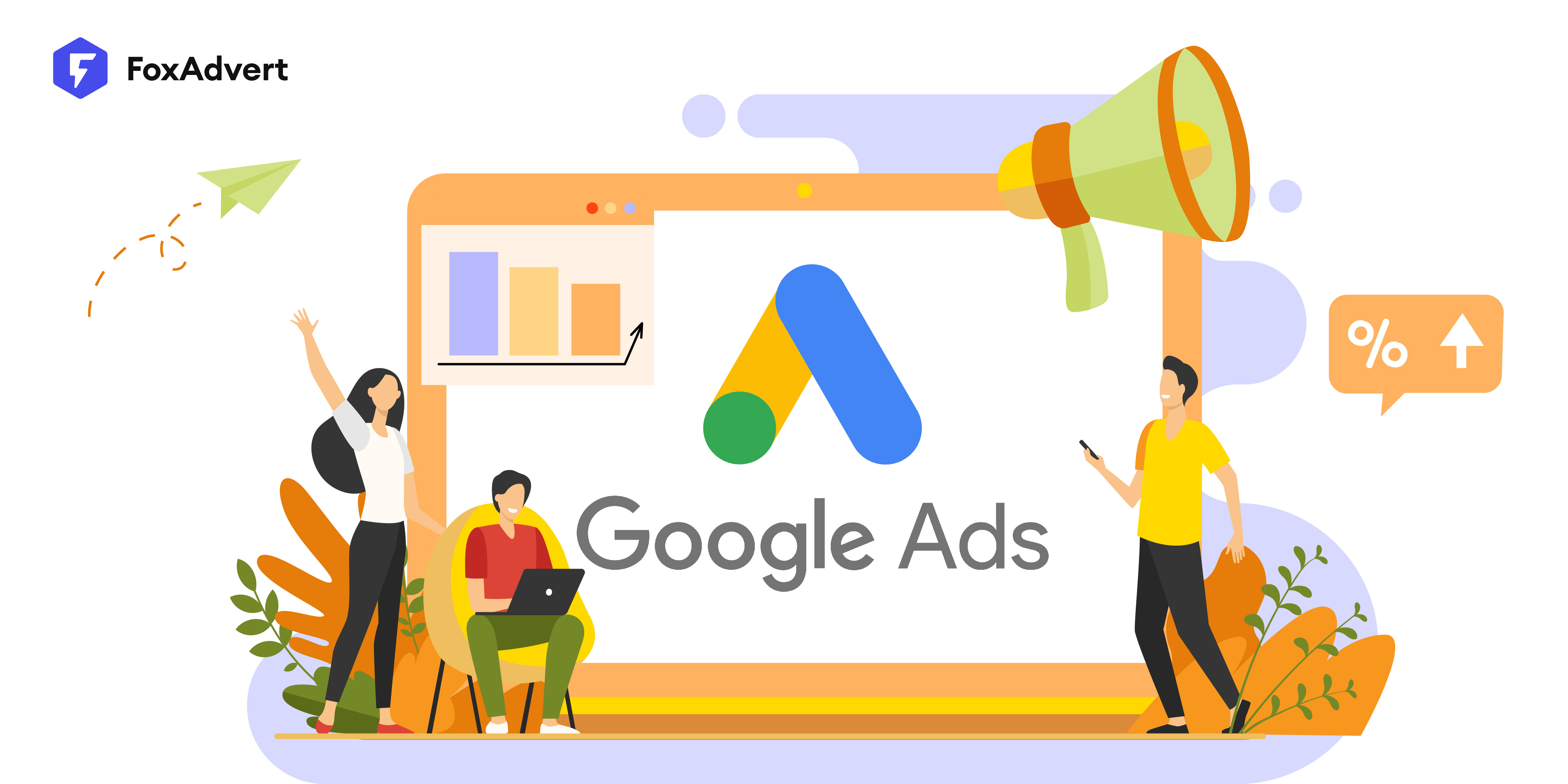
In the competitive realm of mobile app marketing, transforming impressions into installs is a critical challenge that every marketer faces. Google Universal App Campaigns (UAC) offers a powerful platform to streamline user acquisition, but success hinges on the implementation of effective strategies. This article explores how to enhance UAC performance, ensuring that your marketing efforts yield the highest possible return on investment (ROI).
Google UAC simplifies the process of promoting apps across Google’s vast network, including Google Search, Google Play, YouTube, and the Google Display Network. Unlike traditional campaigns, UAC utilizes machine learning to automate ad placements and bidding strategies. However, marketers must actively engage with the system to maximize its potential.
Leveraging custom audiences is vital for targeting users who are more likely to convert. Marketers should consider:
● Lookalike Audiences: Create lookalike audiences based on existing high-value users. This method utilizes Google’s algorithms to find similar users likely to be interested in the app.
● Behavioral Targeting: Analyze user behavior to create segments based on interests and previous interactions. This targeted approach helps in reaching the right users more effectively.
Retargeting is an effective strategy to re-engage users who previously showed interest but did not install the app. By creating tailored ads for these users, marketers can remind them of the app's value, increasing the likelihood of conversion.
Visuals play a crucial role in capturing attention. High-quality images and videos that showcase the app’s features can significantly increase engagement. Consider:
● Video Ads: Create short, captivating video ads demonstrating app functionality and benefits. Video content tends to attract more attention and can lead to higher install rates.
● Dynamic Ads: Use dynamic creatives that automatically adjust to display the most relevant content based on user preferences and behaviors.
A/B testing allows marketers to identify which ad elements resonate best with their audience. Experiment with different headlines, descriptions, images, and CTAs to determine the most effective combinations. Regular testing ensures continuous improvement in ad performance.
Setting a target cost per acquisition (tCPA) helps control spending while optimizing for conversions. By defining a specific tCPA, marketers allow Google’s machine learning algorithms to adjust bids dynamically, focusing on users most likely to install the app at or below the target cost.
For those aiming for specific revenue goals, implementing a target return on ad spend (tROAS) can yield substantial benefits. By setting a desired return, UAC can prioritize bids to achieve optimal financial outcomes, ensuring that ad spend translates into valuable installs.
Regularly monitor essential KPIs such as:
● Click-Through Rate (CTR): High CTR indicates that ads are resonating with users. If CTR is low, revisit ad creatives and targeting strategies.
● Conversion Rate: Analyze how many users who clicked on ads went on to install the app. A low conversion rate may suggest issues with the landing page or app store listing.
Integrating Google Analytics with UAC provides valuable insights into user behavior post-installation. Understanding user interactions can inform future targeting and creative strategies, ensuring campaigns remain relevant and effective.
A well-optimized app store listing is crucial for converting impressions into installs. Focus on:
● Keyword Optimization: Utilize relevant keywords in the app title and description to improve visibility in search results.
● Compelling Visuals and Descriptions: Ensure that app screenshots and descriptions effectively communicate the app's value. Highlight key features and benefits that appeal to potential users.
Encouraging satisfied users to leave positive reviews can boost credibility and attract new users. Actively manage user feedback by responding to reviews, demonstrating a commitment to customer satisfaction and improvement.
Enhancing UAC performance requires a multifaceted approach that combines targeted strategies, compelling ad creatives, refined bidding techniques, and ongoing analysis. By optimizing every aspect of the user acquisition process, marketers can turn impressions into valuable app installs.
At FoxAdvert, our expertise in data-driven marketing and innovative strategies can help elevate your app's visibility and engagement. Embrace these proven tactics to optimize your UAC campaigns, and watch as your user acquisition efforts flourish. Let’s partner together to transform your app's potential into reality and achieve outstanding growth in today’s competitive landscape.
Reach out for a complimentary consultation or to arrange a meeting—we’d be delighted to explore how we can help drive your user acquisition goals forward.